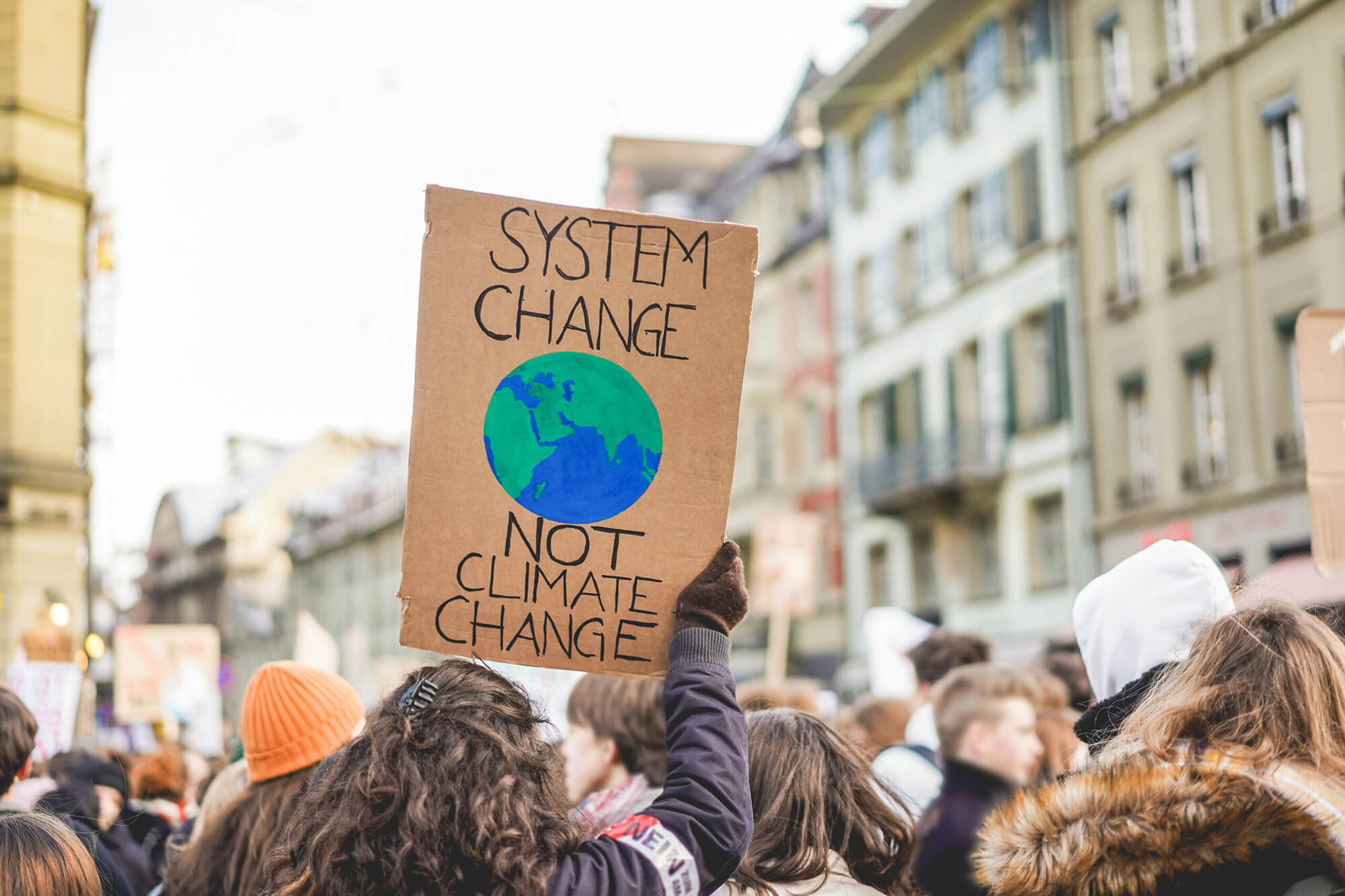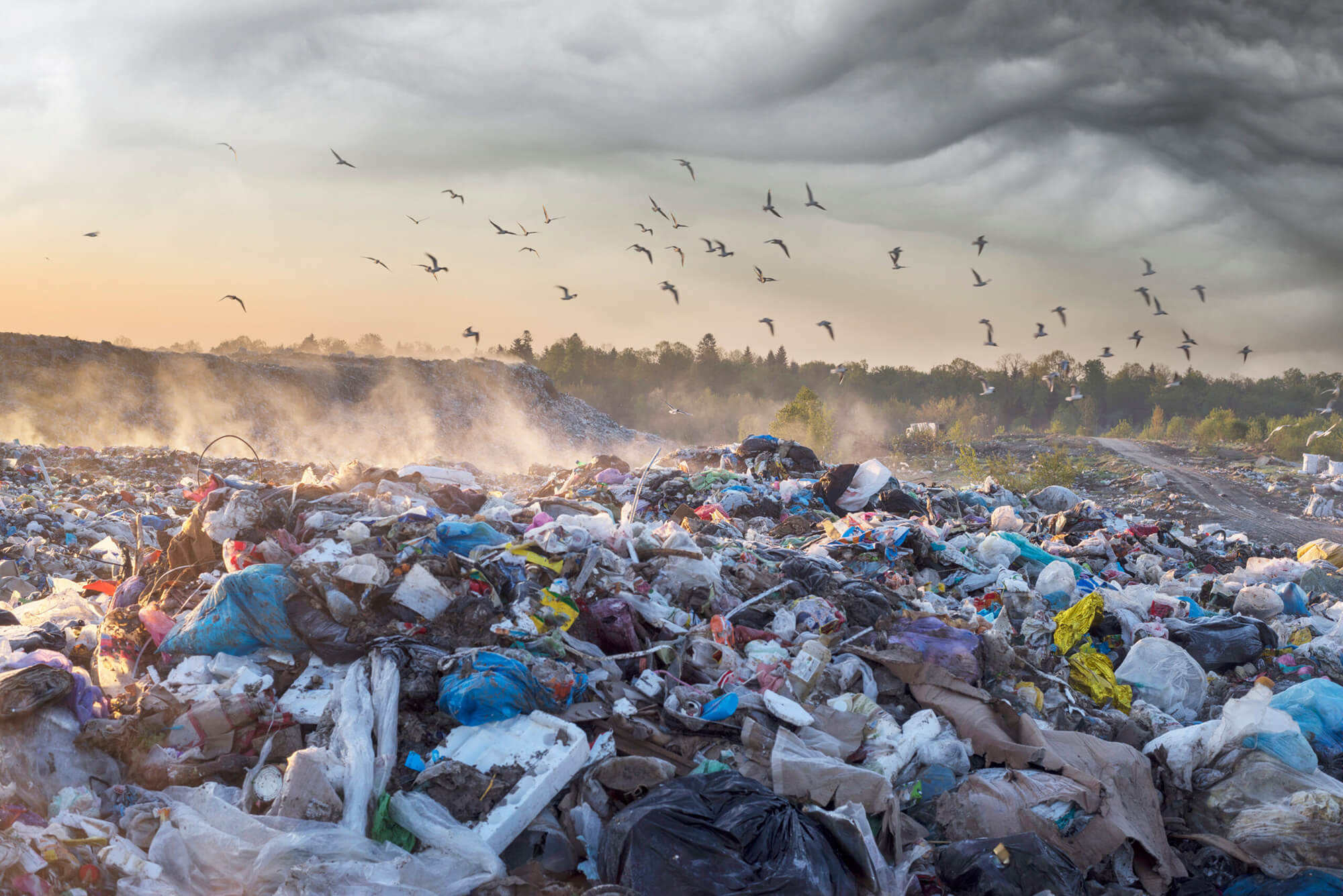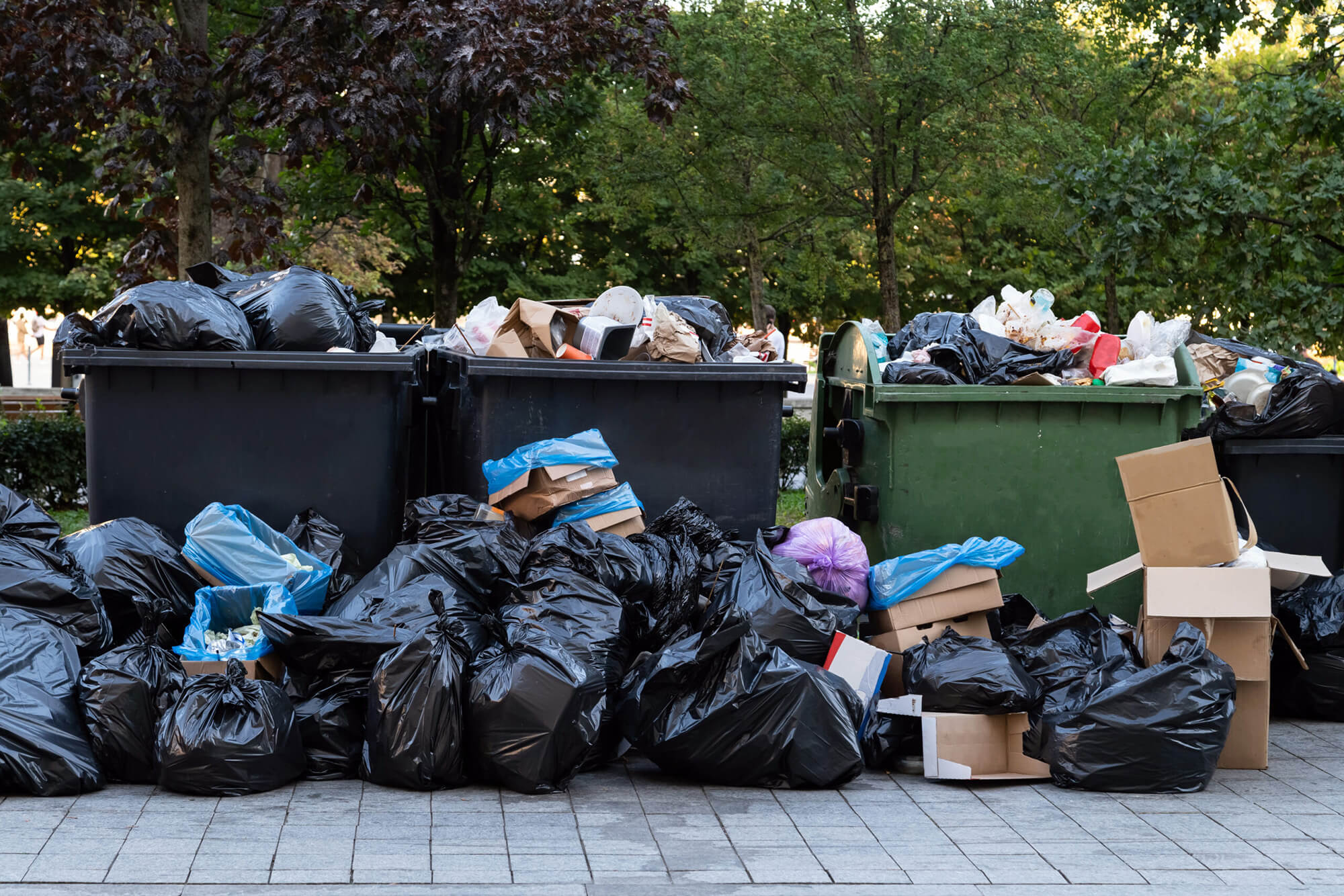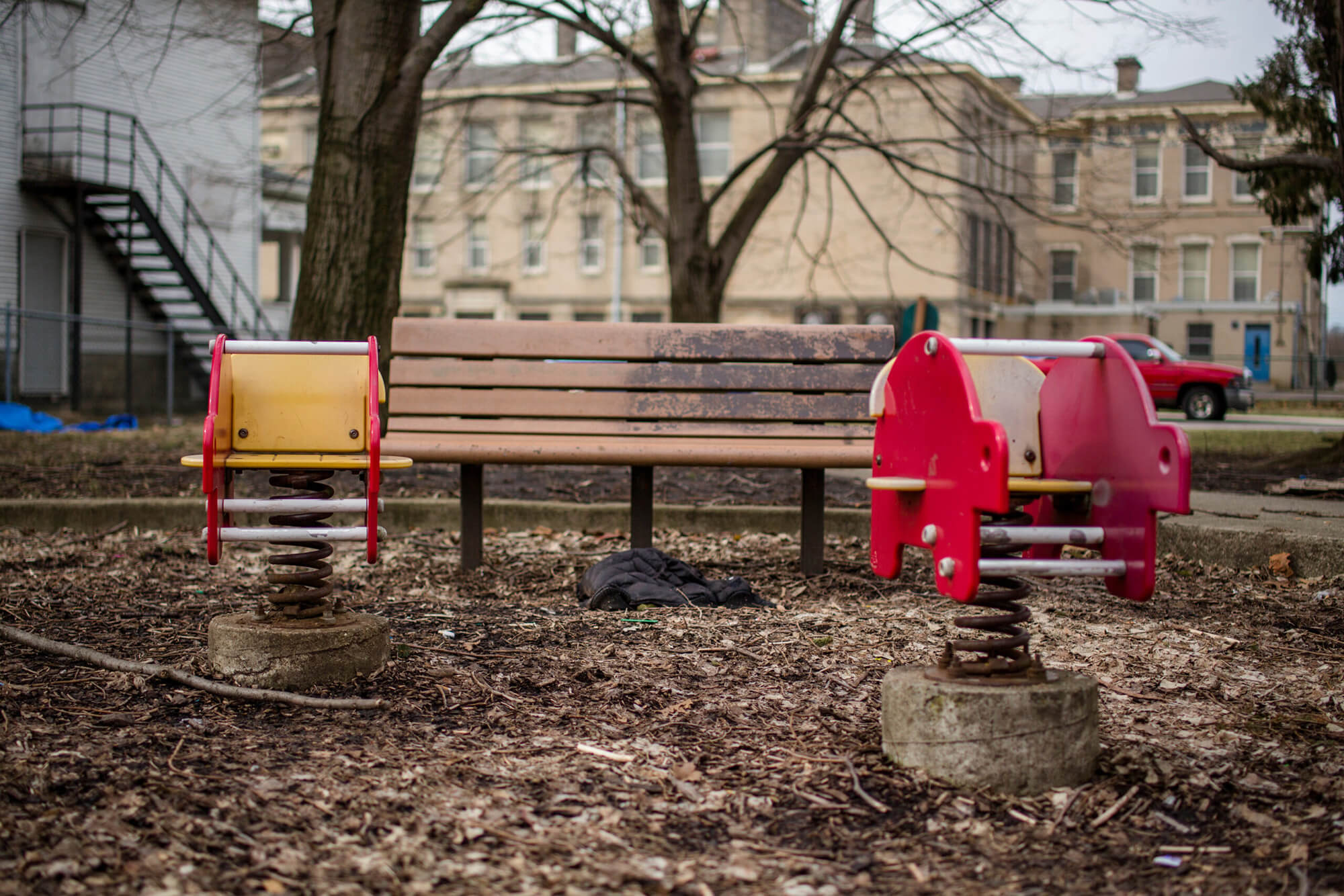the Problem
Our current economic system actively undermines progress for the sake of convenience.
Let us be clear
We are out of time.
For decades, the extractive-based linear economy has simultaneously exceeded the supply of resources from the planet, degraded vital ecosystems, and failed to meet basic human needs for much of the global population. Even so, the damage caused by our collective action mostly goes unseen and ignored, in the hopes that someone else will take responsibility or that the problem is not that bad.
The world needs a new model to relate to one another and the biological world that is both restorative and equitable.
Our socio-economic system is complex, multi-layered, and deeply intertwined with the natural world. So, while transactional solutions and innovations look positive on the surface, deep interconnections between cities, people, and the environment are unraveling our good intentions.
Only by fully understanding this dynamic will we be able to build a genuinely sustainable and resilient economy: one that works for all people and supports the development and growth of all living things.
What problems do we face together ?

Climate
We are, likely, to experience a 3-6 degrees Celsius temperature increase. If we continue business-as-usual, we will emit 65 billion tonnes of Greenhouse Gas Emissions by 2030.

Endless Waste
The world is consuming 100 billion tonnes of materials a year, and efforts toward a more regenerative have been in decline since 2019.

Income Inequality
The world's richest 1% own 44% of the world's wealth, while 842 million people go hungry. This disparity is also reflected in racial inequality.
What problems are cities facing?
From Krakow, Poland, to São Paulo, Brazil, cities across the globe are co-designing circular city blueprints that provide the necessary mix of legislation and strategy to enable transitions toward regenerative and equitable systems.
And while there is a strong consensus to move these strategies from theory into practice, several roadblocks appear to be stifling meaningful progress, including:

The "Recycling is Enough" Mindset
In the United States, only 34.6% of trash is recycled, while in poorer countries, the average drops to only 3.7% on average. Cities need to enable a regenerative/reuse mindset and incentivize these types of regenerative behaviors.

Operational Funding Cycles
Cities are under-staffed, under-resourced, and under-funded and do not have the necessary funds to meaningfully invest in the enforcement of circular economy legislation and circular infrastructure at scale. Without diverse funding streams, meaningful change for citizens and their environment is severely limited and only provided on a transactional basis.

Lack Of Meaningful Multi-Sector Collaboration
Due to stretched budgets and short-term solutions, cities lack the necessary resources needed to invest in building fruitful and authentic partnerships across the public, social, and private sectors.
Our next steps
The path to resolving these problems begins in our cities.
Cities occupy only 3% of the global land surface but account for the consumption of 75% of our resources and produce 60-80% of our total greenhouse gas emissions. With 55% of the world’s population living in cities and growing, urban environments are where some of the greatest inequities occur.
By initiating a regenerative and equitable transition in urban hubs, we can collectively tackle the issues at scale and with urgency.
